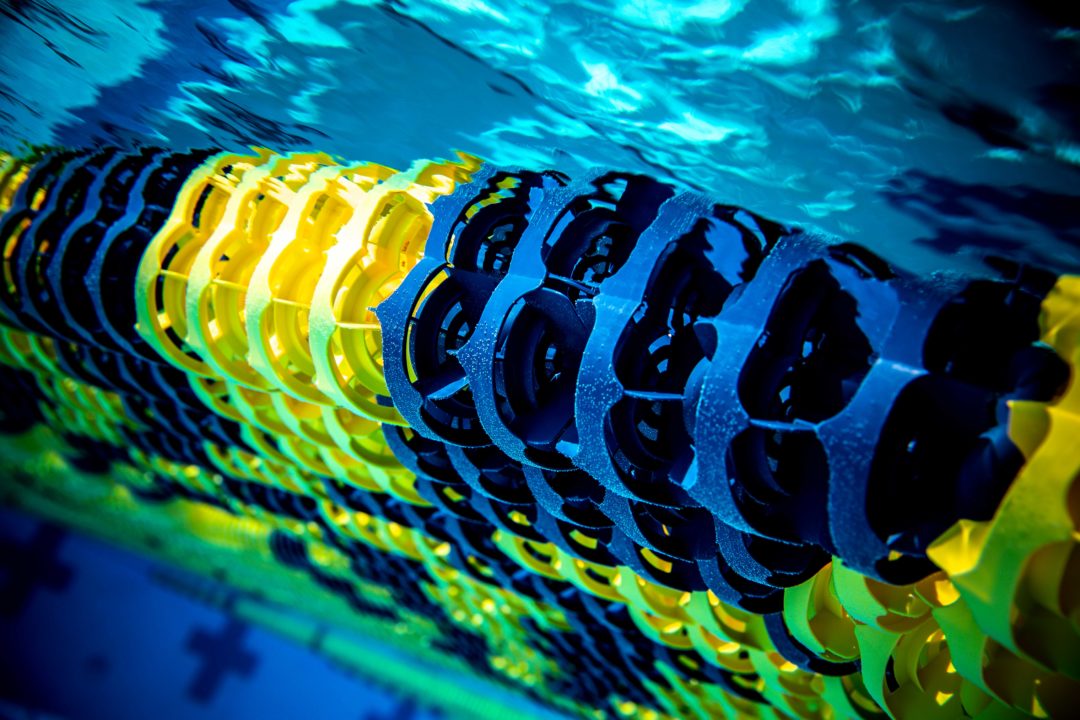Courtesy: U.S. Olympic & Paralympic Committee
COLORADO SPRINGS, Colo. – The United States Olympic & Paralympic Committee today formally announced the formation and membership of an external Mental Health Taskforce to support Team USA athletes – and the coaches, officials and administrators who serve them – address mental health concerns and promote sustained and holistic well-being throughout their complete athlete journey.
The 13-member taskforce is comprised of U.S. Olympians, Paralympians, coaches, medical and mental health professionals who are charged with developing best practices, resources and action plans to support the mental health needs of Team USA athletes – before, during and after competition – and advise USOPC staff who frequently engage with athletes, on and off the field of play. The group was organized in February 2020 and meets on a monthly basis with additional touch points, as needed.
The taskforce includes:
- Allison Brock, Olympian – equestrian
- Eileen Carey, director of U.S. Paralympics Nordic Skiing
- Shannon Decker, executive director and co-founder of The Speedy Foundation
- Rachael Flatt, Olympian – figure skating
- Kensa Gunter, Psy.D., CMPC psychologist and certified mental performance consultant for the USOPC’s Sport Psychology Registry
- Stanley Herring, MD., clinical professor in the departments of rehabilitation medicine, orthopedics, sports medicine and neurological surgery at the University of Washington
- Adam Krikorian, head coach of the U.S. Olympic Women’s Water Polo Team
- Chris Murphy, Paralympian – cycling
- Theresa Nguyen, chief program officer of Mental Health America
- William Parham, Ph.D., ABPP, professor in counseling and interim associate dean of faculty at Loyola Marymount University and director of the mental health and wellness program for the National Basketball Players Association
- Keenan Robinson, sports medicine and science director at USA Swimming
- Allison Schmitt, Olympian – swimming
- Victor Schwartz, MD., psychiatrist and chief medical officer of The Jed Foundation
“We are acutely aware of the mental health concerns facing our athletes – heightened by the current environment in the Olympic and Paralympic community – and are fully dedicated to being an active leader in providing support and resources to help athletes navigate the pressures, and at times, uncertainty, of their careers,” said Dr. Jonathan Finnoff, USOPC chief medical officer. “The goal of the taskforce is to ensure athletes, and the staff who are entrusted with their care, are well-informed and prepared to recognize and respond to individuals in need, both before and once mental health concerns arise.”
The taskforce will be responsible for advising and collaborating with an internal USOPC mental health working group, led by Dr. Finnoff and Bahati VanPelt, USOPC chief of athlete services, to ensure the appropriate structures and systems are in place to promote a culture in which seeking and delivering mental health support is encouraged throughout the U.S. Olympic and Paralympic community.
Additionally, the USOPC will be activating mental health officers, who were originally scheduled to support Team USA athletes at the Olympic and Paralympic Games that were set to be held in Tokyo this summer. With the postponement of the Tokyo Games to 2021, the USOPC is activating the officers to lead discussions around mental health and wellness for athletes and staff, and with input from the internal and external USOPC mental health working groups, assist with developing the long-term mental health program for the USOPC. They will also be members of the Games staff moving forward as planned.
To help athletes and their immediate families cope with the impact of coronavirus (COVID-19), USOPC extended its ComPsych benefits program to all Team USA athletes, which provides unlimited 24/7 access to phone counseling with certified professionals, and other resources such as emotional and wellness support, financial and legal guidance, and more.
While the evolving COVID-19 crisis continues to promote social distancing best practices, facility closures and limited in-person access to essential service providers, USOPC sport psychologists are maintaining appointments with athletes either via phone or video conference. Additionally, sports medicine personnel are continuing to treat athletes with acute injuries, illnesses, or essential rehabilitation at the U.S. Olympic & Paralympic Training Centers in Colorado Springs, Colorado, and Lake Placid, New York, as well as the Chula Vista Elite Athlete Training Center in California. While clinic hours have been reduced to limit exposure of COVID-19, on-call clinicians are also available 24/7 to support athletes and their needs.

About damn time